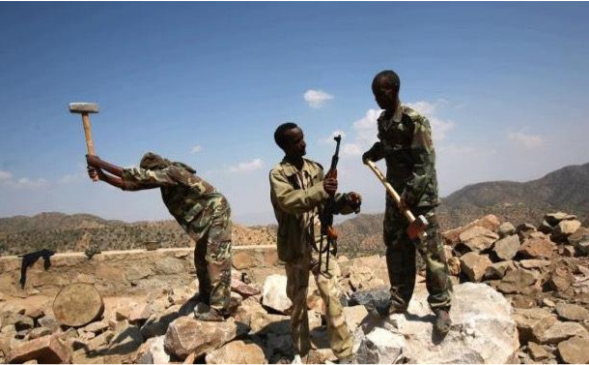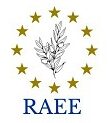Authors: Van Reisen, M., Saba, M., Smits, K. Edited by Berends, E. & Føns, S
Year: January 2020
Overview
This policy brief presents the evidence on forced labour in Eritrea and the role of EU funds. In Eritrea, anyone over 18 is conscripted into indefinite National Service, where they are assigned to forced labour programmes in construction, teaching, health and administration. Conscripts have no freedom to communicate, their movement is restricted, and they live in inhumane conditions. The European Union has pledged EUR 80 million for road building in Eritrea, for which National Service labour is used and, hence, is arguably contributing to this situation.

Forced Labour in Eritrea: The Role of EU Funds
Eritrean National Service is tantamount to forced labour, as it extends beyond work of a purely military character to include road construction, healthcare and government administration, all for an indefinite period. In addition, the Eritrean government regularly rounds up Eritreans, many under 18, to be conscripted. This has continued despite the peace agreement with Ethiopia, and reforms are unlikely. Due to the indefinite nature of National Service, the inability of most citizens to obtain an exit permit to leave Eritrea, and the shoot-to-kill policy at the border, Eritrean refugees often turn to smugglers (who are sometimes military officials) to leave Eritrea and are vulnerable to human trafficking. An estimated 250–300 people flee to Ethiopia per day. In 2016, the United Nations Commission of Inquiry on Human Rights in Eritrea found that Eritrean officials had likely committed the crime of enslavement through National Service. The European Union has pledged EUR 80 million from the Emergency Trust Fund for Africa for road building in Eritrea, for which National Service labour is used and, hence, is arguably contributing to this situation. This policy brief presents the evidence on forced labour in Eritrea and the role of EU funds.
